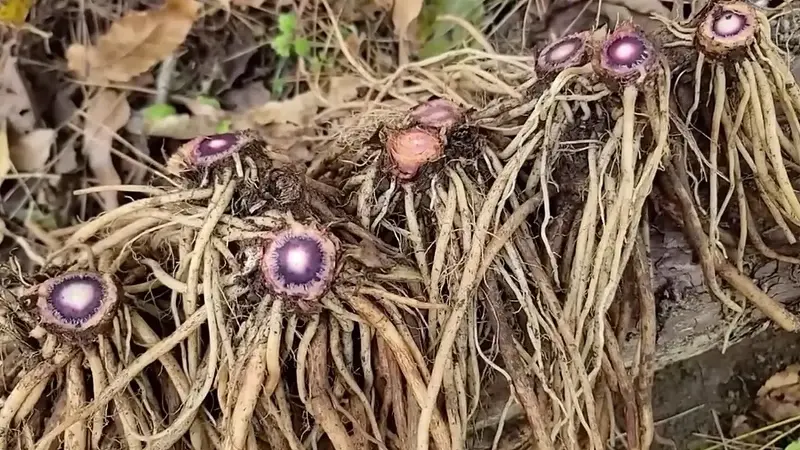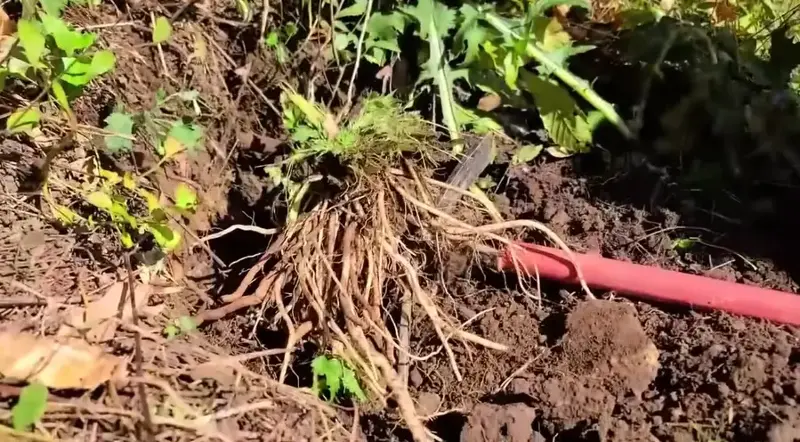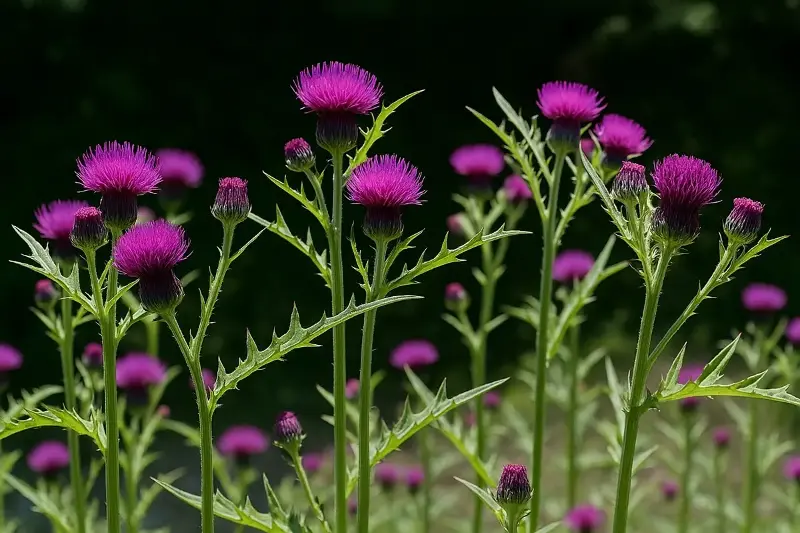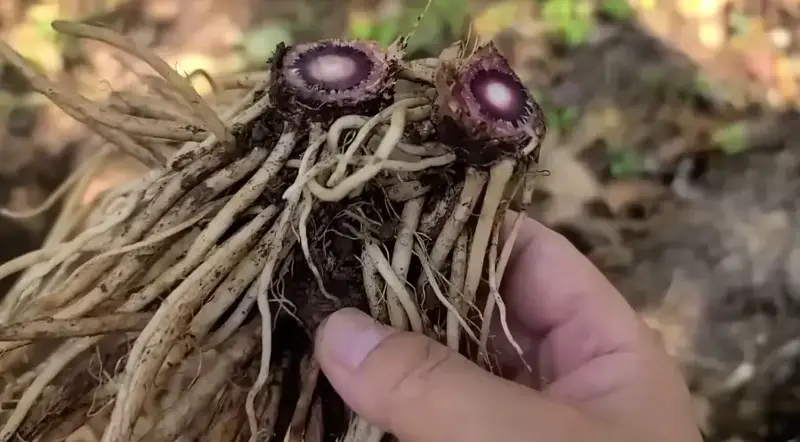
Thistle, a plant with thorns that can be easily found in the mountains and fields of Korea and near the city center, has recently become a new topic of health care. This plant, which has been regarded as a simple weed for decades, is attracting attention as a “great reverse plant” with excellent effects in promoting virility and health for both men and women.

Thistles are plants that can be easily found all over Korea, such as around apartment complexes, in parks, along roadsides, and at the foot of mountains. This plant, which was so common in the past that no one was interested in it, is now drawing attention as being nicknamed a “drinking energetic agent.”
In traditional Chinese medicine, thistle root is called “daegyegeun,” and it has been used to treat various diseases for a long time. In particular, the root part is known to have excellent medicinal effects such as anemia, detoxification, hemostatic, tonic, and diuretic effects, and its efficacy has been proven through recent scientific research.

According to a study by Professor Kim Hyun-pyo of the Department of Biomedical Sciences at Jungwon University, it was found that testosterone levels in the blood of male white rats that consumed thistle extract for 6 weeks increased by 13 to 45%. At the same time, levels of sex hormone-binding globulin (SHBG), which causes decreased virility, decreased by 19-35%.
What is even more surprising is that sperm count and motility have also improved significantly. This suggests that it may help improve erectile dysfunction and decreased sexual desire, which are male menopausal symptoms experienced with age.
In fact, raw thistle juice has been evaluated for its effectiveness in improving sexual function, as it is called a “drinking energetic agent.”

Thistle root has excellent health benefits not only for men but also for women. It is recorded in the Korean medical book “Boncho Kangmok” that it “treats red and white blood in women,” and it is actually known to be effective in relieving menstrual pain, treating uterine bleeding, and improving cooling and lowering blood pressure.
Recently, overseas studies have shown that herbal complexes containing thistle also help improve sexual function in women. Overall sexual function indicators such as sexual desire, sexual arousal, and orgasm have been shown to improve.
The benefits of thistle are not limited to boosting virility. It is rich in flavonoids, including silymarin, and is excellent for protecting liver cells and improving liver function. It is also effective in preventing fatty liver disease and alcoholic liver damage.
It also helps prevent high blood pressure and hyperlipidemia by promoting blood circulation, and also contributes to the prevention of aging and cancer with its strong antioxidant action. It also has an excellent hemostatic effect to stop various bleeding such as nosebleeds, vomiting blood, and uterine bleeding.
Studies have shown that it is effective for dieting and detoxifying due to its diuretic effect, which promotes the excretion of waste products from the body, and also helps relieve arthritis and inflammation.

In order to properly utilize the medicinal benefits of thistle, the harvesting period is important. It is best to pick roots in the fall between September and November or late fall to early winter, before the ground freezes. This is because nutrients are concentrated in the roots during this period, and the medicinal effect is at its peak.
After washing off the soil thoroughly, the collected roots are dried well in the sun and stored. Dried roots can be brewed in tea or taken as a powder, or eaten by soaking them in alcohol and making medicinal herbs. There is also a way to drink fresh juice, and you can use not only the roots, but also the leaves and flowers, so it's a plant you won't throw away.

Thistle is not toxic and is safe to consume over a long period of time, but raw roots may contain some toxic ingredients, so be sure to dry them before use. If blood clots often occur or if you have a bleeding disorder, it is recommended to consult a specialist before taking it.
Also, it is recommended to avoid thistles grown along roads with heavy traffic or in places where pollution is suspected, as they may have absorbed pollutants such as heavy metals or smoke.
Thistle, which was considered only a common weed on roadsides, is now being re-evaluated as a precious herb responsible for the health and vitality of both men and women.
